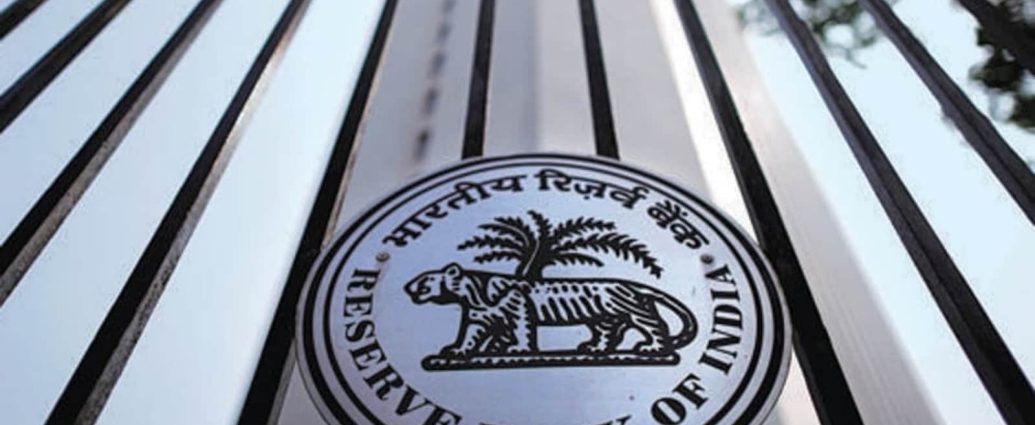The Reserve Bank of India (RBI) on Tuesday said it will launch the first pilot of retail digital Rupee (e ₹-R) on Thursday to assess the stability of the complete process of digital currency creation, distribution and retail usage in real time. The central bank has already begun select launches of the legal tendered digital currency for the wholesale segment starting earlier this month.
What is retail digital Rupee (e ₹-R) ?
1) According to the RBI, the e ₹-R is a digital token that serves as a legal tender. It would be issued in the same denominations that paper currency and coins are presently issued. It would be circulated through intermediaries.
2) Users will transact with e ₹-R through a digital wallet offered by the banks who are taking part in the initiative. The digital currency will be stored on mobile phones.
3) Transactions can be made in either person to person (P2P) or person to merchant (P2M). For payments to merchants, QR codes exhibited at merchant locations can be used, the central bank said.
4) Alike physical cash, this digital currency will offer trust, safety and settlement finality.
5) Also similar to cash, it will not earn any interest and can be converted into other forms of money as well as used for deposits with banks.
Technical aspects of RBI’s digital currency
Earlier in October, the RBI in its 51-page concept note detailed various aspects, including the technological measures to operationalize its electronic currency. RBI had said that the digital currency can be operated either by a distributed ledger – adopted in the blockchain mechanism, or a conventional centralised system or can even come up with a hybrid system.
ALSO READ: Explained: How RBI is using technology to operationalise e-rupee? 10 points
Who can use digital currency?
The RBI stated that this pilot would cover select locations in closed user group (CUG) involving participating customers and merchants.
It has picked four banks and four cities for the first phase of the trial.
The banks selected for first phase are:
1) State Bank of India
2) ICICI Bank
3)Yes Bank
4) IDFC First Bank
The four cities are:
1) Mumbai
2) New Delhi
3) Bengaluru
4) Bhubaneswar
For the subsequent phase, four more banks, viz., Bank of Baroda, Union Bank of India, HDFC Bank and Kotak Mahindra Bank and other cities comprising Ahmedabad, Gangtok, Guwahati, Hyderabad, Indore, Kochi, Lucknow, Patna and Shimla will be included.
The RBI said the pilot may be extended steadily to include more banks, users and locations as required.
